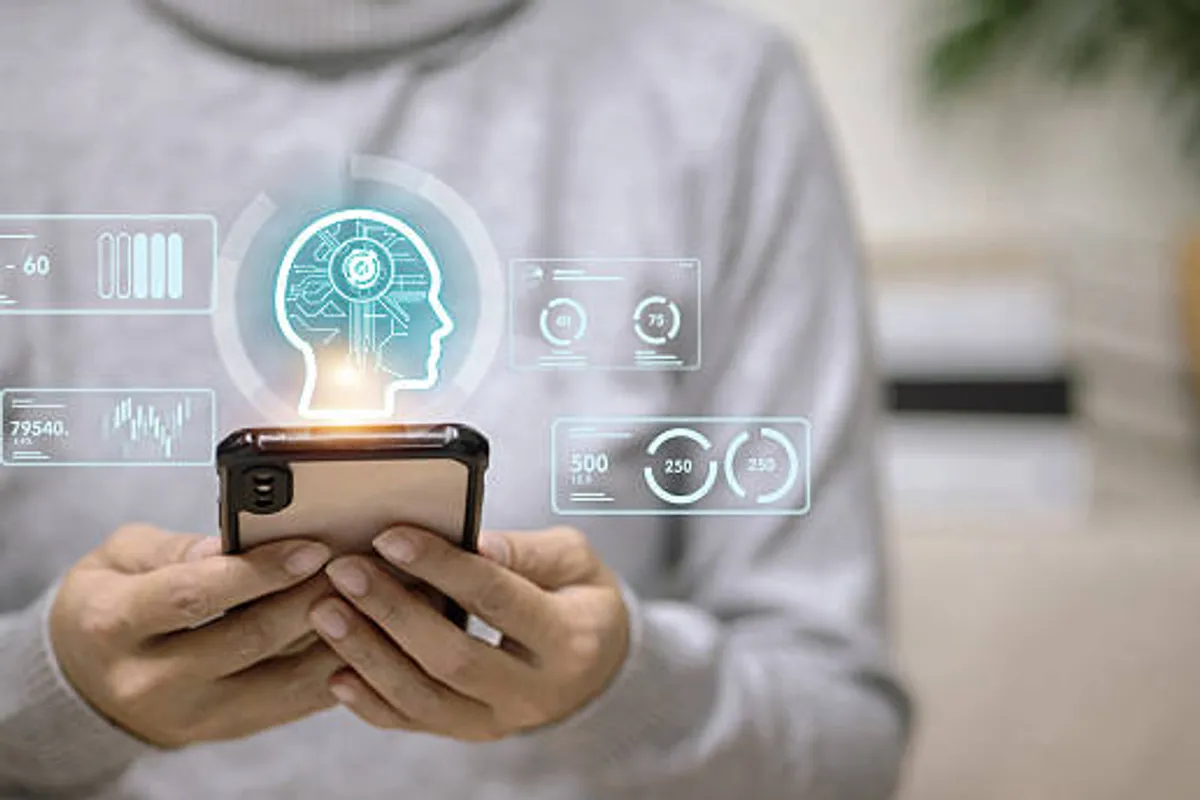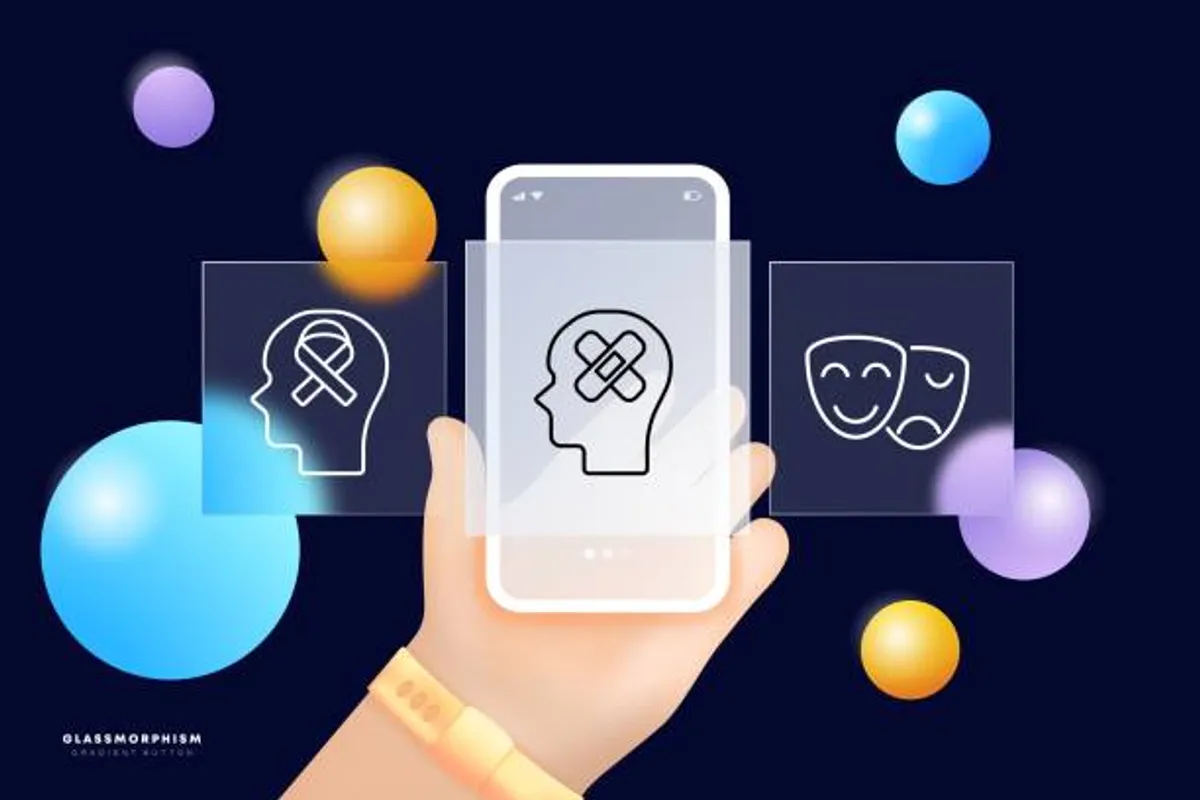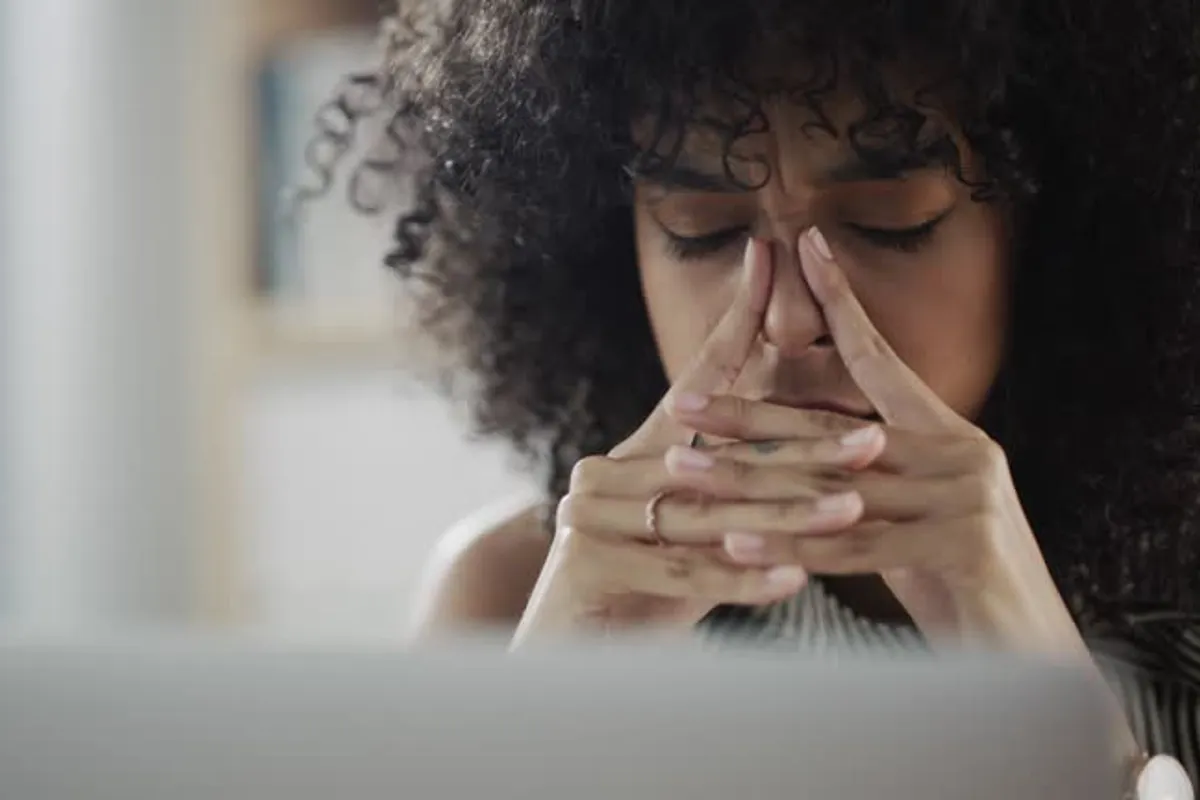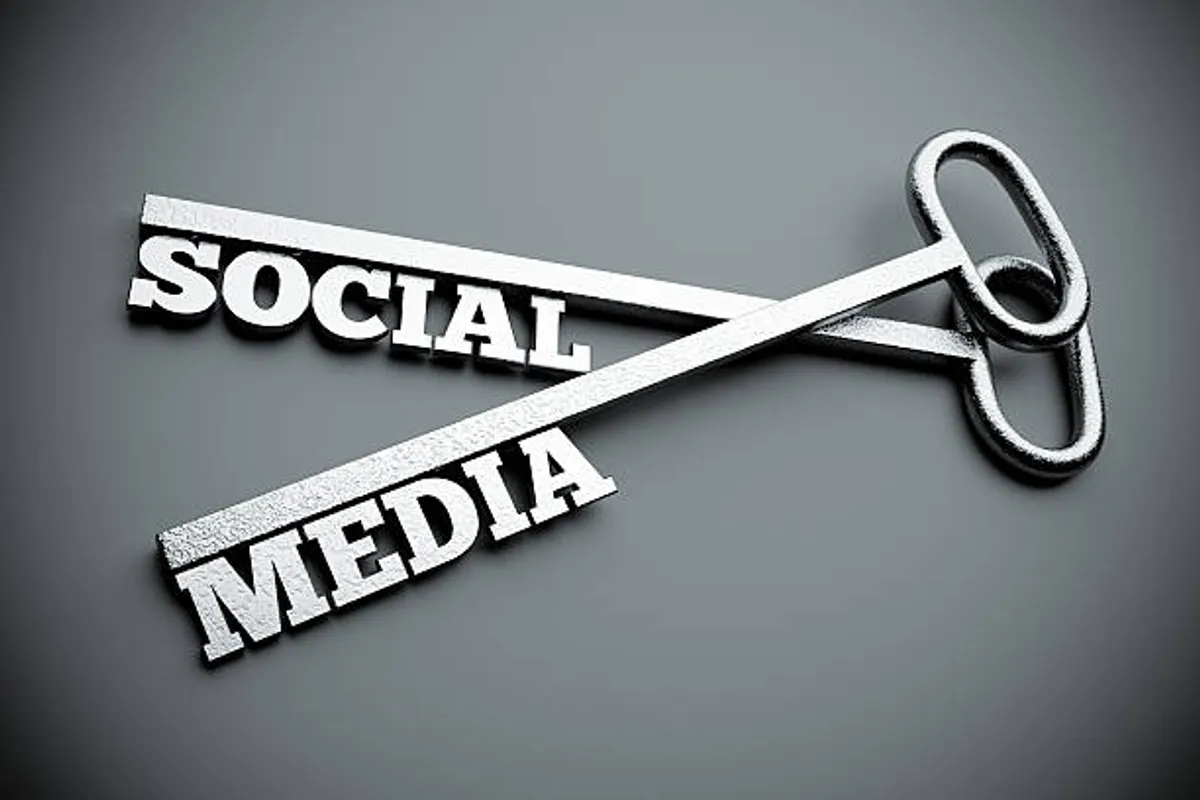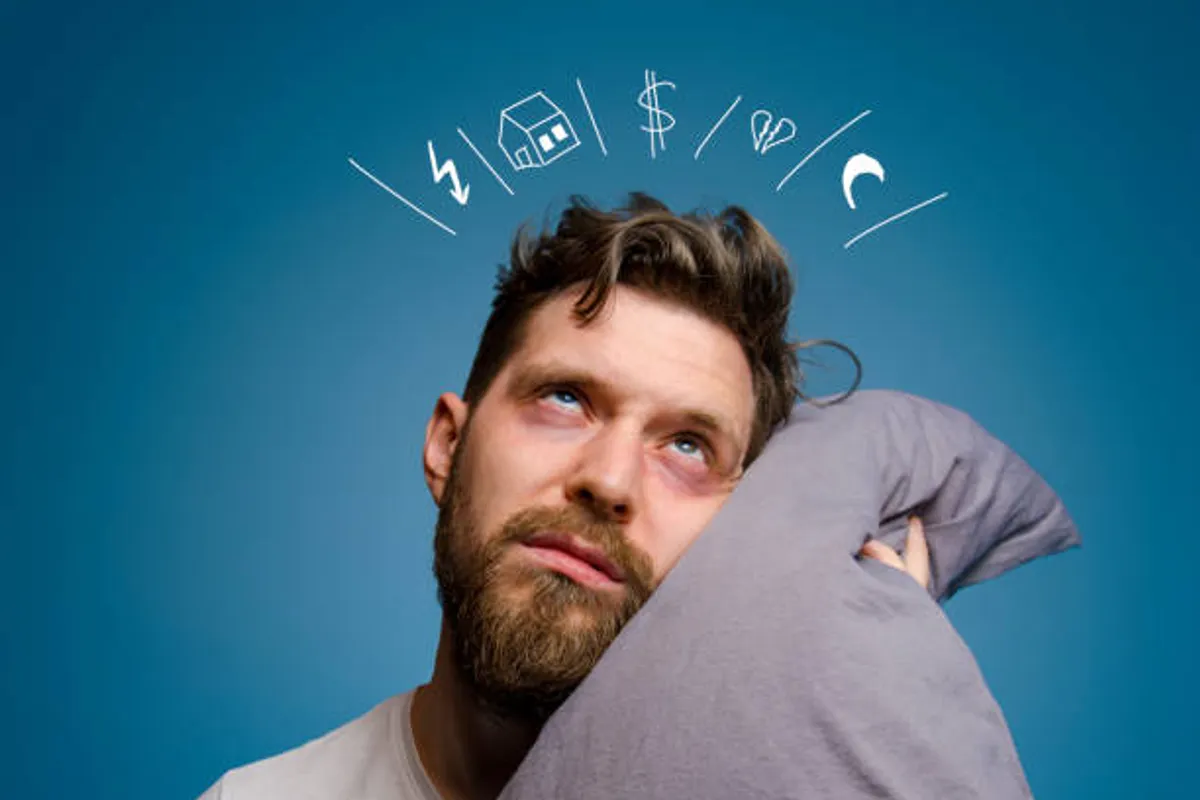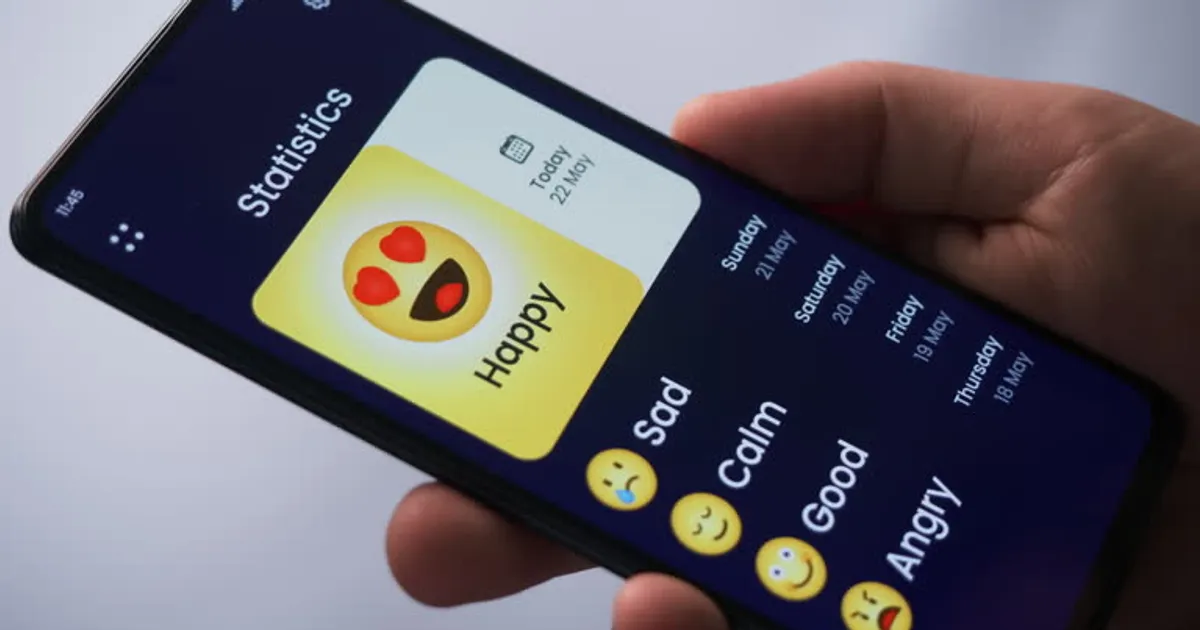
Mental Health Apps in 2025: Which Ones Actually Help?

GeokHub
Contributing Writer
Technology has transformed how we approach mental health. From AI chatbots that listen to your worries to mood trackers that promise balance and calm, mental health apps are now a multi-billion-dollar industry. But in 2025, as the market becomes flooded with options, a critical question arises: Do these apps truly help, or are they just digital distractions?
Experts and users alike are beginning to separate hype from genuine healing — and evidence shows that while some apps provide measurable benefits, others offer little more than surface-level comfort.
The Rise of Mental Health Tech
The pandemic era sparked an explosion in digital mental health tools. What started as simple meditation apps has now evolved into AI-driven therapy companions, cognitive behavioral tools, and emotional wellness platforms that claim to mimic aspects of professional therapy.
According to a 2025 World Health Digital Report, global downloads of mental health apps have increased by 62% since 2020, with millions of users turning to their phones for emotional support. The promise is clear: instant, private, and affordable mental care.
But how effective are they really?
What Science Says About Mental Health Apps
Recent studies suggest that some apps can indeed help — particularly those built around structured therapy methods like Cognitive Behavioral Therapy (CBT), mindfulness, and guided journaling.
For example:
- A 2024 Lancet Psychiatry review found that users of CBT-based apps reported 30% lower anxiety symptoms after eight weeks.
- Apps with human therapist support (text or video) performed nearly as well as in-person sessions for mild depression and stress management.
However, experts warn that not all apps are created equal. Many lack proper clinical validation, and some even collect sensitive emotional data without clear privacy protections.
Top Mental Health Apps That Actually Work (2025 Edition)
After reviewing user ratings, expert reviews, and available research, here are some of the top mental health apps that stand out for both effectiveness and transparency:
1. Wysa (AI Therapy Chatbot)
- What it does: Uses AI-guided conversation to help users process emotions, stress, and anxiety.
- Why it works: Built on CBT principles, with optional human therapist add-on.
- Best for: Those seeking on-demand, judgment-free emotional support.
2. Headspace
- What it does: Meditation and mindfulness training for anxiety, focus, and sleep.
- Why it works: Scientifically backed programs and consistent user engagement.
- Best for: Beginners and professionals managing work-related stress.
3. Calm
- What it does: Focuses on relaxation, sleep improvement, and daily calm exercises.
- Why it works: Combines meditation with audio therapy and nature soundscapes.
- Best for: Managing insomnia and emotional regulation.
4. BetterHelp
- What it does: Connects users with licensed therapists through chat or video sessions.
- Why it works: Professional counseling made accessible from home.
- Best for: Those needing structured therapy but prefer remote access.
5. Moodpath (now MindDoc)
- What it does: Tracks mood patterns and offers daily psychological insights.
- Why it works: Helps users identify triggers and progress over time.
- Best for: Monitoring anxiety and depressive mood fluctuations.
Red Flags: When Apps Do More Harm Than Good
Not all mental health apps are beneficial. Experts caution users to avoid apps that:
- Make medical claims without professional backing.
- Use personal emotional data for targeted advertising.
- Over-promise instant results (“Feel happy in 5 minutes!”).
- Replace therapy without clear disclaimers.
In short: a good mental health app supports your journey — it doesn’t claim to cure you.
How to Choose the Right App
To find an app that truly benefits your mental health, consider these factors:
- Check for clinical validation – Look for research papers or affiliations with licensed psychologists.
- Review privacy policies – Ensure your emotional data isn’t shared with third parties.
- Prioritize function over design – Aesthetic apps are appealing, but effectiveness comes from tested methods.
- Start small and track impact – Use the app for 2–3 weeks and note changes in mood or sleep.
The Future: AI Companions or Real Therapy?
By 2025, mental health apps have blurred the line between digital support and therapy. AI companions can now recognize tone, emotion, and even language cues to provide comfort.
But most professionals agree: these tools should complement therapy, not replace it. Genuine healing often requires human empathy, accountability, and connection — things even the smartest AI can’t fully replicate.
Bottom Line
Mental health apps can be a powerful starting point — offering mindfulness, coping tools, and structure for emotional well-being. But they work best when paired with real-world habits, professional guidance, and mindful usage.
In an age of information overload, the goal isn’t to find a perfect app — it’s to find balance.
